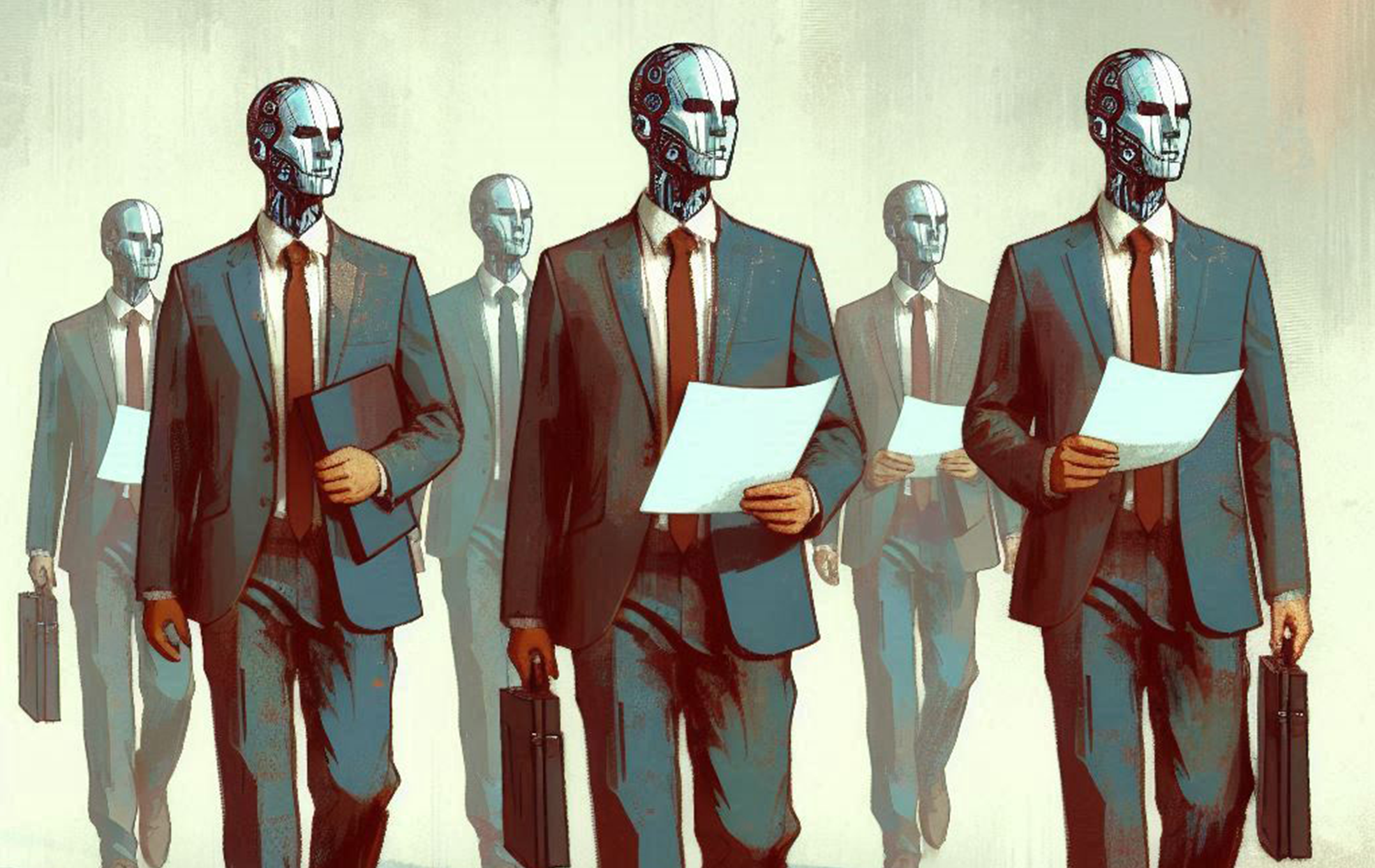 AI
AI
 AI
AI
 AI
AI
Microsoft Corp. is rolling out a suite of new tools and services at its Build conference this week that are designed to accelerate the development and deployment of the autonomous assistants called artificial intelligence agents across its platforms.
The updates aim to simplify enterprise adoption of agent-based systems, strengthen agent capabilities in Microsoft 365 and Teams, and enable developers to build more personalized, scalable and secure AI-powered workflows.
The centerpiece of Microsoft’s announcements is the general availability of the Azure AI Foundry Agent Service announced last fall. The platform allows developers to build, manage and scale up AI agents that automate business processes. It supports multi-agent workflows, enabling specialized agents to coordinate on high-level tasks.
The service integrates with a wide range of Microsoft services such as Bing, SharePoint, Databricks and Fabric with support for open protocols like Agent2Agent and Model Context Protocol. These standards help ensure interoperability across agent frameworks, allowing developers to orchestrate and control agents across diverse environments.
To aid deployment and testing, the Foundry Agent Service supports a unified runtime that merges the Semantic Kernel software development kit and AutoGen framework for creating multi-agent AI applications. Developers can simulate agent behavior locally and deploy agents unchanged to the cloud, maintaining consistency across development and production environments, Microsoft said.
The service also includes advanced monitoring and optimization tools, known as AgentOps, and allows developers to bring their own thread storage via Azure Cosmos DB. Prebuilt agent templates and deployment tools are available through an Agent Catalog, including examples tailored to specialized use cases such as healthcare coordination.
Microsoft is also introducing Copilot Tuning, a new capability that allows businesses to fine-tune Microsoft 365 Copilot using their organization’s data. For example, law firms can build agents that generate legal documents in their house style, and consultancies can create Q&A agents based on their regulatory knowledge.
This feature will be available starting in June through the Copilot Tuning Program to organizations with at least 5,000 Microsoft 365 Copilot licenses. Access to tuned models is restricted to users with permission to view the underlying training data, which Microsoft said ensures secure deployment within enterprise boundaries.
Microsoft is also previewing several new developer tools for building agentic applications in Microsoft Teams. They support secure, peer-to-peer communication via the A2A protocol, agent memory for contextual user experiences and improved development environments for JavaScript and C#.
Developers will also gain access to automated agent validation, a service that ensures compliance with Microsoft Store policies, and new analytics for tracking adoption and engagement. Additionally, Teams agents can now operate within meetings, access AI-generated meeting notes via a new application program interfaee and be used in both groups and privately from the meeting interface.
Support our mission to keep content open and free by engaging with theCUBE community. Join theCUBE’s Alumni Trust Network, where technology leaders connect, share intelligence and create opportunities.
Founded by tech visionaries John Furrier and Dave Vellante, SiliconANGLE Media has built a dynamic ecosystem of industry-leading digital media brands that reach 15+ million elite tech professionals. Our new proprietary theCUBE AI Video Cloud is breaking ground in audience interaction, leveraging theCUBEai.com neural network to help technology companies make data-driven decisions and stay at the forefront of industry conversations.